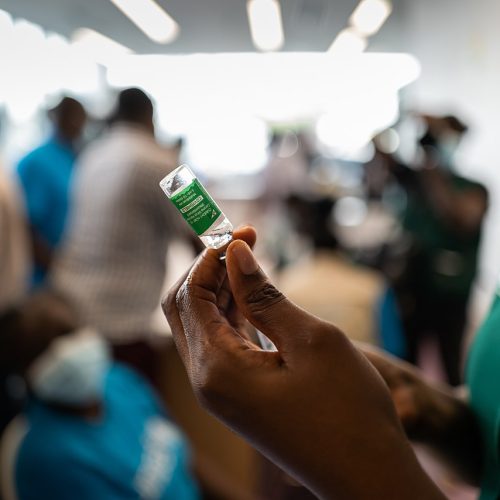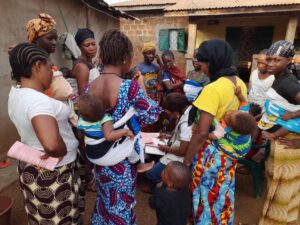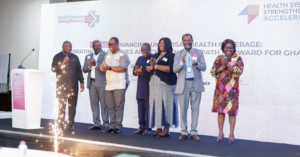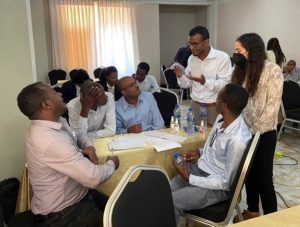Generating Evidence on Successful Approaches to Integration and Equitable Provision of COVID-19 Vaccines
The Challenge
The pandemic’s toll on health service delivery has been profound, particularly in low and lower-middle-income countries where full vaccination rates linger at 22% and 58%, respectively. The rush to roll out COVID-19 vaccines often bypassed established immunization channels, risking the hard-earned gains of routine vaccination programs and threatening to leave the most vulnerable behind. As the urgent flood of resources and attention wanes, there’s a pressing need to pivot towards long-term strategies that bolster health systems for enduring success.

The Opportunity
Aligned with USAID’s evolved COVID-19 response directives, the Accelerator will undertake two COVID-19 assessments that will illuminate the path toward more sustainable and equitable vaccination efforts globally. By sharing experiences across borders, countries can pinpoint and implement the most impactful vaccination strategies tailored to their unique circumstances. In partnership with the MOMENTUM Routine Immunization Transformation and Equity project, the focus is enhancing coverage for priority populations and integrating COVID-19 vaccination drives into primary healthcare systems.
Our Work
Coordinated by the M-RITE project, the COVID-19 Integration Assessment will delve into eight country case studies, dissecting data, conducting interviews, and leading discussions to forge a way forward. Concurrently, the COVID-19 Delivery Strategies Assessment will craft four country case studies, merging data analysis with co-creative brainstorms to unearth actionable insights. This concerted effort will culminate in an exchange of knowledge across countries, supported by USAID missions, with the ultimate goal of steering the global community towards enhanced COVID-19 vaccination outcomes.
News & Resources
Un outil de plaidoyer axé sur le changement de comportement : Renforcer le dialogue citoyen pour un financement durable de la santé
Un outil de plaidoyer budgétaire innovant favorise l'engagement citoyen et...
Read MoreAccelerator Program Paves the Way for Ghana’s Launch of National Health Database
Discover how the Accelerator program played a vital role in...
Read MoreGlobal Case Study Presentation on Rehabilitation Integration
Join us on September 11 for insights on integrating rehabilitation...
Read More







